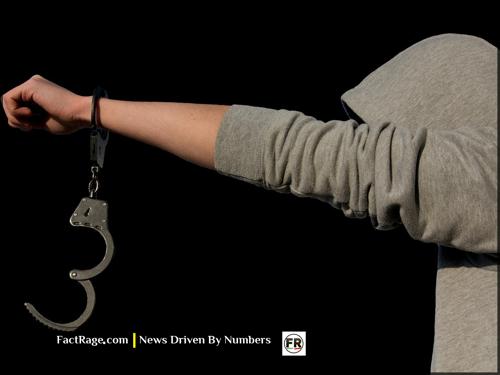WASHINGTON, DC – A federal law originally created to dismantle organized crime syndicates is now frequently used to prosecute a wide range of criminal enterprises.
- What RICO Is – The Racketeer Influenced and Corrupt Organizations (RICO) Act is a 1970 federal law that provides for extended criminal penalties for acts performed as part of an ongoing criminal organization.
- How It Works – A RICO charge requires prosecutors to prove a “pattern of racketeering activity” connected to an “enterprise,” which means showing at least two “predicate acts” from a list of 35 crimes occurred within 10 years.
- Penalties and Scope – Penalties are severe, including up to 20 years in prison per racketeering count and forfeiture of all assets related to the criminal activity. The law has been applied to the mafia, street gangs, and corporate entities.
The term “racketeering” has recently entered public conversation through high-profile legal cases, but the law itself has a long and significant history in the U.S. legal system. Understanding what it is, how it works, and why it’s a powerful tool for prosecutors is key to following these developments.
What Defines a ‘Criminal Enterprise’ Under RICO?

At the heart of the RICO Act is the concept of an “enterprise.” The law’s power comes from its broad definition of this term. An enterprise isn’t limited to a formal business or corporation; it can be any group of individuals with a common purpose who are associated in fact, even if informally. This could include a crime family, a street gang, a corrupt political group, or a seemingly legitimate business fronting for illegal activities.
The primary goal of the law is to target the organization as a whole. This allows prosecutors to charge leaders and organizers who may have ordered criminal acts but did not personally carry them out. By proving that an individual participated in the operation or management of a criminal enterprise, the law holds them accountable for the organization’s actions.
What Are the ‘Predicate Acts’ That Build a RICO Case?
To secure a racketeering conviction, prosecutors cannot simply point to an enterprise. They must prove a “pattern of racketeering activity.” This pattern is established by demonstrating that a person committed at least two “predicate acts” within a 10-year period in connection with the enterprise.
The RICO statute lists 35 specific crimes—27 federal and 8 state—that qualify as predicate acts. These offenses cover a wide spectrum of criminal behavior, including:
- Bribery
- Extortion
- Wire, mail, and securities fraud
- Money laundering
- Murder for hire
- Kidnapping
- Arson
- Drug trafficking
The connection between these individual crimes is what forms the basis of a RICO charge. The acts must be related to each other and pose a threat of continued criminal conduct, thereby constituting a pattern rather than just a series of isolated incidents.
How Has the RICO Act Been Used Historically and Today?
Passed in 1970, the RICO Act was initially designed as a specific weapon to combat the influence of the American Mafia. It proved highly effective, leading to landmark prosecutions in the 1980s, such as the Mafia Commission Trial, which crippled the leadership of New York’s most powerful crime families.
Over time, the application of RICO has expanded significantly. Federal prosecutors have used it to dismantle violent street gangs, prosecute corrupt police departments, and pursue financial criminals involved in large-scale fraud. The law also includes a civil component, allowing private citizens or entities who have been harmed by racketeering activity to sue for triple the amount of their damages.
In recent years, the law has gained public attention through its use in diverse and prominent cases. These include the state-level RICO charges brought in Georgia against individuals associated with former President Donald Trump and federal investigations into figures such as Sean “Diddy” Combs. These cases demonstrate the law’s enduring flexibility and its role as a formidable tool in the American legal system.














